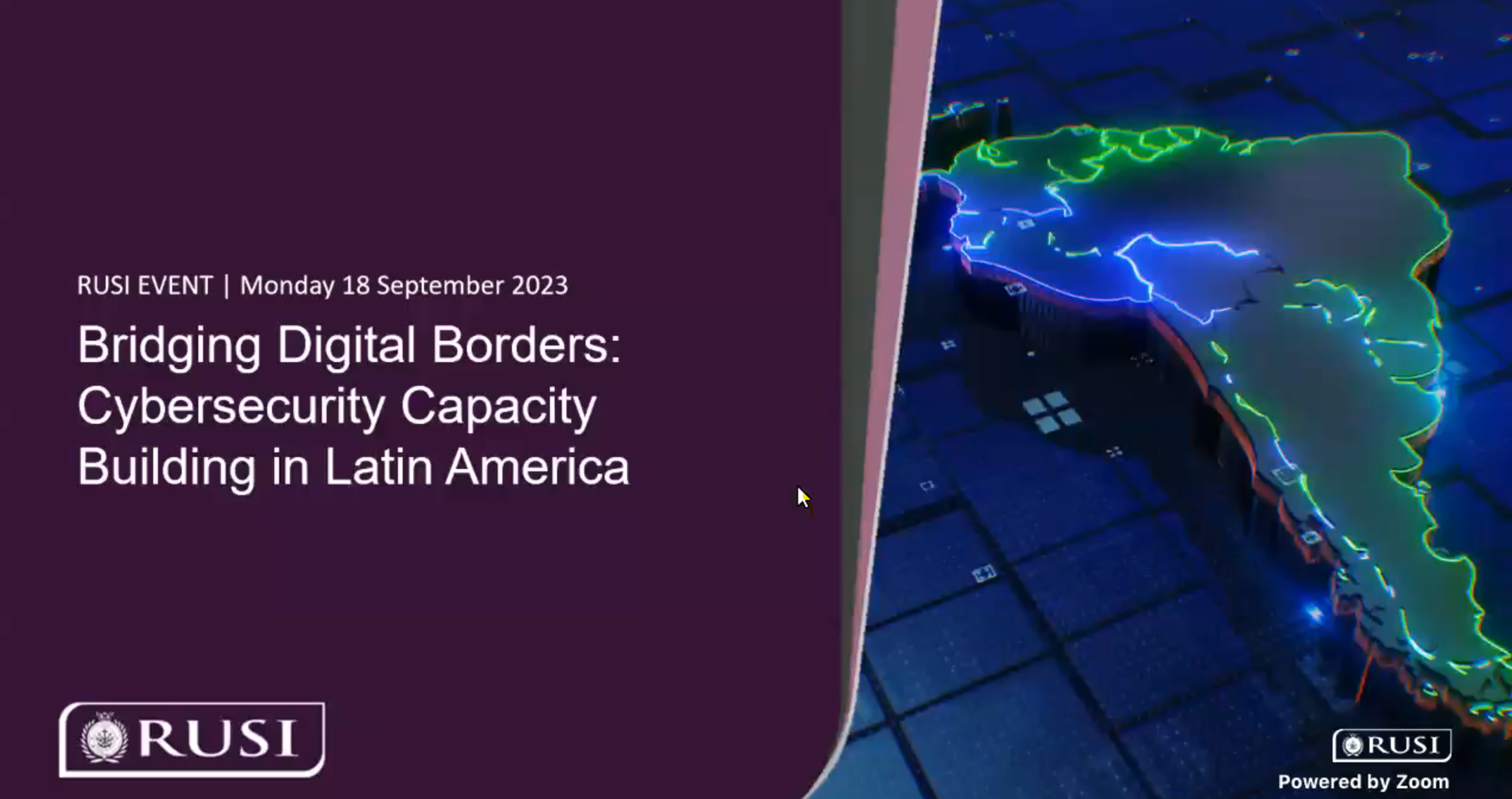Publication
Cyber ASEAN Framework
Southeast Asia’s digital decade has begun. However, seizing its full potential in the emerging data-driven economy requires confronting head-on fundamental challenges in cybersecurity: Internet penetration is high, but digital inequity is growing; mobile connections are skyrocketing, yet digital literacy to combat cybercrime, disinformation, and misinformation is plummeting. Most importantly, cyberattacks are rising, but trust-building among key stakeholders remains stagnant, or worse, declining. If these issues are not fully addressed, the region’s digital ambitions oriented around ASEAN’s inclusive community-building agenda are likely to be aspirational rather than attainable.
The Cyber ASEAN Framework stands out among existing cyber-capacity assessment frameworks firstly because it is indigenously designed for Southeast Asia by Southeast Asians. Its purpose and significance are driven by three underlying principles: local context and ownership, agency and autonomy, and public-private-people partnerships. Put simply, Cyber ASEAN contends that if cyber capacity-building frameworks and initiatives are grounded, informed, and shaped by the local perspectives of the target stakeholders from the onset of its incubation all the way to operationalization, then Southeast Asia can adopt a more proactive, context-specific, and inclusive approach to raising cyber capacity and resiliency at the sectoral, national, and regional levels.
This report covers the following:
- Reimagining Cyber Capacity-Building in Southeast Asia: The Cyber ASEAN Framework
- Tracing the Development of Cyber Cooperation in ASEAN: Progress and Shortcomings
- Buffering: Southeast Asia’s Response to Cyber Insecurity
- Assessing the Economic Benefits of Cybersecurity Standards in Southeast Asia
- Indonesia
- Malaysia
- Philippines
- Viet Nam
Additional links








